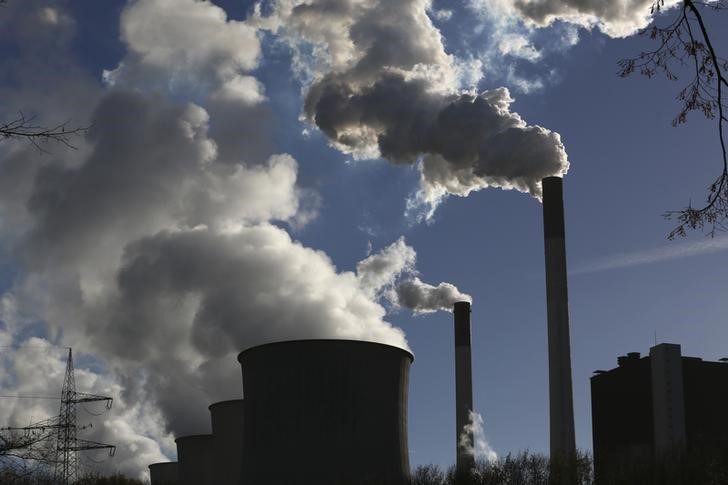In recent years, the exponential growth of data centers across the globe has emerged as a critical concern in the midst of the ongoing climate crisis. As digitalization continues to permeate every aspect of our lives, the demand for data storage and processing facilities has skyrocketed, leading to a significant surge in energy consumption and carbon emissions. A recent report by Morgan Stanley has shed light on the alarming trajectory of CO2 emissions resulting from the operations of data centers worldwide, raising serious questions about the sustainability of our digital infrastructure.
The primary reason fueling the spike in CO2 emissions from data centers is the massive energy requirements needed to power and cool the servers. Data centers are essentially large warehouses filled with servers that store and process vast amounts of digital information. These servers operate around the clock, requiring a constant and substantial supply of electricity to function efficiently. Additionally, the cooling systems used to prevent overheating in these facilities consume a considerable amount of energy, further contributing to their carbon footprint.
One of the key factors exacerbating the situation is the rapid expansion of cloud computing services. Companies are increasingly turning to cloud providers to store their data and run their applications, leading to a proliferation of mega data centers that operate on an immense scale. These hyperscale data centers are power-hungry entities that place a significant strain on local power grids and contribute significantly to carbon emissions. As more businesses and individuals shift towards cloud services, the environmental impact of data centers is only expected to worsen.
Moreover, the trend towards data localization, driven by regulatory requirements and data privacy concerns, is leading to the establishment of more data centers in various regions worldwide. This decentralization of data storage infrastructure is aimed at improving data security and compliance but comes at a cost in terms of energy consumption and carbon emissions. The increasing number of data centers operating in diverse locations further compounds the environmental challenges associated with their operations.
To address the escalating CO2 emissions from data centers, urgent action is required at both the industry and policy levels. Data center operators must prioritize energy efficiency measures and sustainable practices in their facilities to mitigate their environmental impact. Investing in renewable energy sources, such as solar and wind power, can help reduce reliance on fossil fuels and decrease carbon emissions. Additionally, implementing innovative cooling technologies and optimizing server utilization can enhance energy efficiency and lower operational costs.
Governments and regulatory bodies play a crucial role in shaping the sustainability standards for data centers through the implementation of stringent environmental regulations and incentives for adopting green technologies. Encouraging data center operators to embrace energy-efficient practices and transition towards renewable energy sources can pave the way for a more sustainable digital infrastructure. Collaboration among stakeholders, including tech companies, policymakers, and environmental organizations, is essential to drive positive change and combat the growing carbon footprint of data centers.
In conclusion, the exponential growth of data centers worldwide poses a significant threat to our environment, with CO2 emissions on the rise due to their energy-intensive operations. Addressing this challenge requires a multifaceted approach that encompasses energy efficiency improvements, renewable energy adoption, and regulatory interventions. By taking concerted action to reduce the carbon footprint of data centers, we can work towards building a more sustainable digital ecosystem for future generations.



